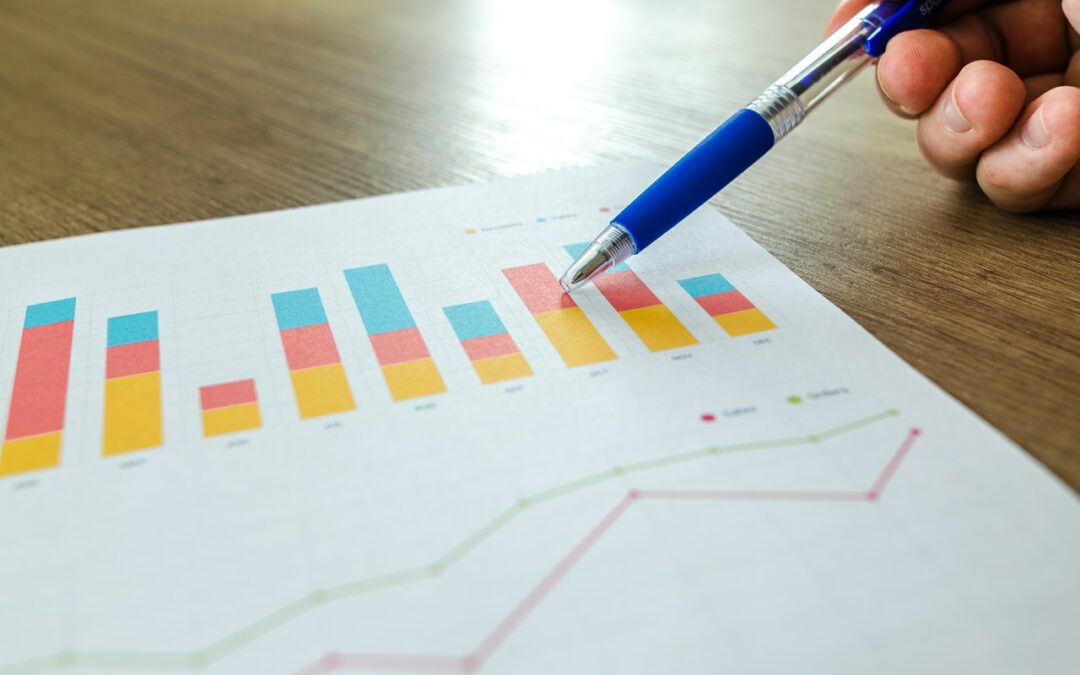Do you know how taxes affect the economy? The way taxes affect the economy is fairly complicated, so there’s actually no simple explanation for how these two complex systems intertwine. However, most economic experts agree that large changes to the tax code can change the economy and that there are some common effects of certain changes. In this post, our experts at Tax Defense Partners take a closer look at some of these common effects.
Defining the Economy and Taxes
Before we get into how the economy and taxes affect one another, let’s quickly define these two systems to help explain how they can interplay.
The economy is the production, distribution, and consumption of goods and services. In the United States, we have what’s called a market economy, in which both producers and consumers determine what’s produced and sold.
Taxes are compulsory fees. In the United States, we have income taxes that must be paid by both individuals and corporations (as do most countries in the world). Generally, when people talk about taxes without specifying which kind, they’re talking about income taxes. Though, of course, there are other types of taxes, such as sales taxes and property taxes.
The economy is determined by how producers and consumers spend the money they earn. Taxes can affect how much money certain groups have. So this is why taxes can affect the economy. Now, let’s get into the some specifics about what effects taxes can have on the economy.
Taxes and the Economy: Short-Term Effects
In the short-term, tax cuts can boost demand by increasing disposable income. After a tax cut, people or corporations can have more disposable income, so they can decide to spend more. Businesses may decide to hire more employees and make more investments. Individuals may decide to make more purchases, including more large purchases such as property or vehicles.
Tax hikes, on the other hand, can do the opposite. In the short-term, tax increases can lower corporate or individual spending if it causes a decrease in disposable income.
Note that these all have the qualifiers “can” or “may” involved. These things can happen because of tax cuts but they don’t always happen to the same degree. The effects of a tax cut often depend on the state of the economy when the cuts are enacted. If the economy is weaker, the effects of tax cuts or tax hikes tend to increase. But either tax change usually has less impact in the short-term if the economy is operating close to its full potential.
Taxes and the Economy: Long-Term Effects
Now, onto the long-term effects of taxes on the economy. Here’s where it gets more complicated. The short-term effects of tax cuts or tax increases are generally predictable, with some variation that depends on the state of the economy. But long-term effects of tax cuts on the economy can be influenced by a vast number of other factors.
To break down how taxes can effect the economy in the long run, let’s take a closer look at the effects of both tax increases and tax cuts. We’ll start with tax increases.
If a tax increase leads to a sustained high marginal tax rate, this can discourage saving, investment, innovation, and work. Additionally, high tax rates can affect the allocation of economic resources due to specific tax preferences. However, high tax rates can positively affect government spending if the national budget is balanced effectively, which can have a positive impact on the economy.
Over the long-term, tax cuts can positively or negatively affect the economy. On the positive side of things, tax cuts can induce people to work more, encourage saving, and encourage investment. Tax breaks for specific things can also stimulate specific growth. On the negative side of things, however, tax cuts can cause some to work less. Additionally, tax cuts can have a major impact on yearly deficits and the national debt.
Long-term, tax cuts can greatly increase national debt. In the short-term, increasing deficits can have stimulating effects. The spending that leads to an increased deficit can amp up the economy by increasing production and creating jobs. However, over a longer period of time, sustained national debt can have a negative impact on the economy. It can lead to higher interest rates. Also, it can affect the value of the dollar and if the value of dollar falls, interest rates can increase further.
Final Thoughts on Taxes and The Economy
From analyzing past data, it’s easy to spot how taxes affect the economy in the short run. Generally, tax cuts will give the economy a short-term boost. However, it can be very challenging to tell how changes in the tax code will affect the economy long-term. There are so many factors that affect the economy over a long period of time. So while we can guess at some possible long-term outcomes of tax cuts or tax hikes on the economy, there’s no one type of tax change that has been proven to affect the economy one way or the other in the long run.

